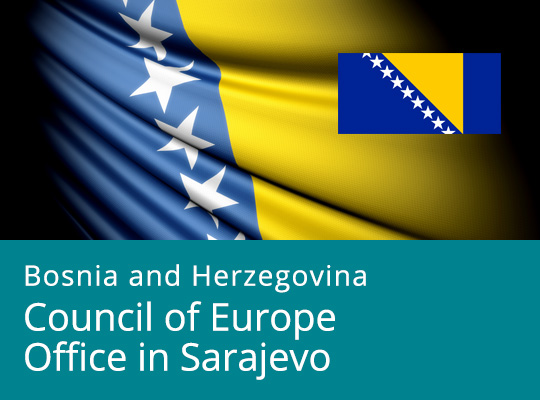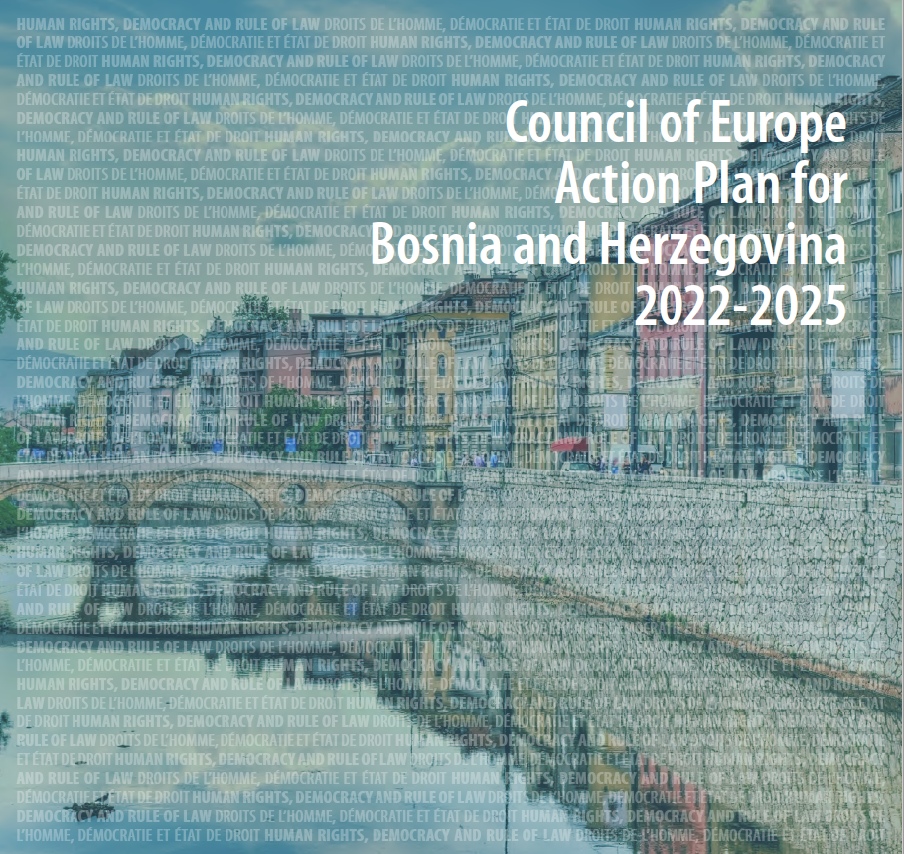At the first major international gathering of Roma representatives in Chelsfield, England, among other things, a decision was made on the Roma anthem and flag, which today represent the symbolic side of Roma culture.
For that reason, with the aim of improving the position of Roma in the Una-Sana Canton, as well as preserving awareness of the importance of Roma culture, the project "Common, sustainable and creative preservation of Roma culture and heritage" is being implemented by the Humanitarian Organisation "Alfa" from Bihać, with the financial support of the joint programme of the European Union and the Council of Europe.
The project is organised in a way to follow European values and principles, and actively takes into account the recommendations of the European Commission given in Bosnia and Herzegovina 2020 Report, and in terms of respect and protection of minorities and cultural rights.
As part of the project activities, educational workshops were held with teachers who have an important role in the process of improving the position of the Roma community, in order to further sensitise them to work with Roma children.
Educational workshops were held for the teaching staff of the First Primary School Bosanska Krupa, the Second Primary School Bosanska Krupa, and the Primary School Gornje Prekounje-Ripač Bihać, which are also attended by children of the Roma population.
“There are a number of services that parents, the community and the state must provide in order to meet the needs and protect the rights of every child. The development of educational institutions in the direction of multiculturalism is a necessary precondition for national communities from the local environment to feel the educational institution as their natural environment”, said the pedagogue from the Prekounje-Ripač Elementary School, Bihać, Aida Ajdinović.
The pedagogue of the First Primary School "Bosanska Krupa, Mersad Bajrić also confirmed that there is a need to talk about this topic: “On the occasion of the International Roma Day, the employees of our school had the opportunity to get to know the language, culture, tradition, customs and life of the Roma people, through an online lecture. The lecturers were excellent and through interaction with us they managed to bring closer and explain to us the life of Roma.”
For the lectures were used the information from the Council of Europe - Roma facts, with the aim of approaching the historical and social intersection of the issue of discrimination and the marginal position of Roma people, as well as the circumstances affecting it. Mr. sc. Edvin Alijanović, introduced the teachers to the historical course of the development of Roma culture, and the specifics of the cultural characteristics of the Roma language, music, religion, traditions and customs, stating that the roots of racial segregation reaches far back into the past, and that the results of such social awareness we have the opportunity to witness today.
“Roma are exposed to the process of assimilation where they have to adapt culturally and politically to another social group, all in desire to protect themselves. By taking over the identity of the majority people, they believe that they will provide better life for themselves, and the precondition for that is the renunciation of their roots, which leads to the loss of the mother tongue, culture and tradition”, explains Alijanović.
Lecturer, Šejla Bjelopoljak, PhD, highlighted the importance of a holistic approach, timely action on this issue, and the importance of investing in early education.
“It is necessary to provide for all children, who did not have a supportive environment at an early age, through intervention programmes such as the programme one year before starting school or as ‘Preparing for school - responsible parenting‘ in order to (although belated) increase the development potential of children, and children at school age, inevitably an individualised approach focused on the child through stimulating content and supporting context for the families, especially socio-economically vulnerable", explains Bjelopoljak. She added that the solution of such problems requires more than a sensitised teacher, and that is the responsibility of the educational system to provide compulsory and free preschool education for all children as well as professional development for all educators in preparation for the process in which they will find themselves.
The humanitarian organisation "Alfa" is a beneficiary of the joint programme of the European Union and Council of Europe „Horizontal Facility for the Western Balkan and Turkey 2019-2022“. The views expressed in this text are the responsibility of the author and do not represent the official views of the European Union and the Council of Europe.




